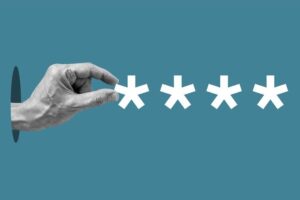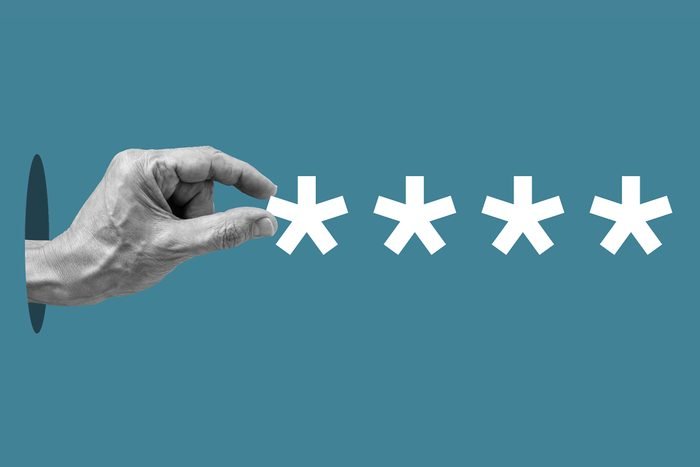
You already know to avoid using common, easy-to-guess passwords for your online accounts, but creating good passwords is easier said than done. Putting in the extra work to make unique, strong passwords is worth it, though. Why? “Without a strong password, you are making it easier for an attacker to steal from your bank account, read your health records, and impersonate you on social media,” says Brian Contos, chief security officer at Phosphorus Cybersecurity.
Follow these expert-approved tips for creating good passwords—and remembering them.
Good passwords have several features in common: length, complexity, uniqueness, and unfamiliarity. Make sure your passwords have all these characteristics to deter hackers and protect yourself from doxxing and other digital attacks.
Length: longer is typically better. Shoot for at least 15 characters.
Complexity: Use a mix of upper- and lowercase letters, numbers, and special characters.
Uniqueness: Use unique passwords – ones you use of one and only one of your accounts.
Unfamiliarity: Never pick a password with personal information that could be easily found online such as birthdays, names of your children or pets. Recommendation: password that can’t be found in the dictionary.
I – Word Understanding
Impersonate – to pretend to be another person
Doxxing – the act of publicly revealing previously private personal information about
an individual or organization, usually via the Internet.
II – Have Your Say
1, Are your passwords strong and unique? Have you ever considered using a password generator? Share your thoughts
2, Do you use a password vault to store your passwords? If not, how do you manage to remember all your passwords?
3, Have you heard of any doxxing incident? What do you think would happen if someone’s personal information (or email or text messages) are revealed online?
4, What are the other things you do to protect yourself from hacking?
872 How to Create Good Passwords That Hackers Will Never Guess


